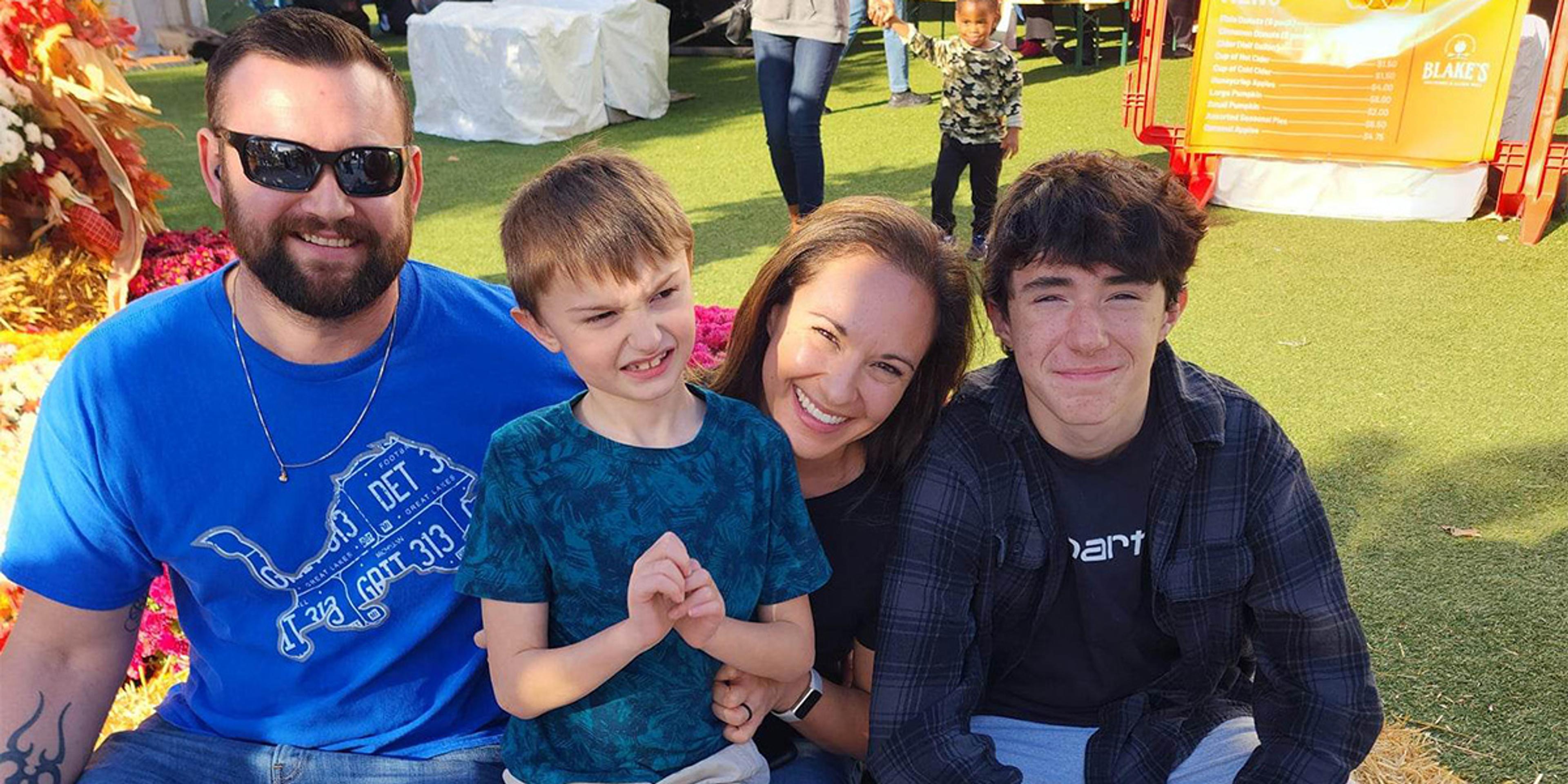Using Unconscious Bias as a Learning Opportunity
Amy Barczy
| 3 min read
Amy Barczy is a former brand journalist who authored content at Blue Cross Blue Shield of Michigan. Prior to her time at Blue Cross from 2019-2024, she was a statewide news reporter for MLive.com. She has a decade of storytelling experience in local news media markets including Lansing, Grand Rapids, Holland, Ann Arbor and Port Huron.

Understanding a diverse patient population has been the guiding principle for Medical Network One since it was founded 40 years ago by a group of foreign-born, private practice primary care providers. Many of the founding members were doctors whose first language was not English and faced challenges in accessing and weaving into the traditional health care community. Today, Medical Network One is among a group of leading provider organizations in Michigan taking steps to ensure diverse patient populations receive equitable, high-quality care. They’ve introduced unconscious bias learning events to their practices so that everyone on the care team – from doctors, advanced practice providers and nurses to the front desk staff – is aware of the way biases can impact patient outcomes. “You can’t teach and change culture,” said Medical Network One CEO Ewa Matuszewski. “You have to plant the seeds early to embed a positive, equitable culture and continue to nurture that culture through both learning activities and day-to-day actions.” The impact of unconscious bias in the health care system has become a part of the national conversation about equality and equity in America. Unconscious biases are automatic associations we all make, influenced by our own reservoir of memories, experiences, exposures and more. In a health care setting, unconscious biases can affect patient care. As a part of its health equity strategy, Blue Cross Blue Shield of Michigan introduced unconscious bias education to providers in fall 2020 to create awareness and help address disparities in health and health care. Almost 97% of the primary care physicians -- and all 40 physician organizations -- in the statewide Physician Group Incentive Program have completed the training. This group that represents more than 5,000 physicians in Michigan. Medical Network One has an unconscious bias curriculum that it brings to its providers and practices. The education typically involves interactive events, including case studies and videos, and presents unconscious bias as a learning opportunity. Matuszewski said during the training, participants are asked to give examples of what they consider to be unconscious bias and to share their own experiences. “That opens the door for real and ongoing conversation,” Matuszewski said. “You listen and say to yourself, ‘I remember something like that,’ knowing that you have to act differently.” Several decades ago, Hamtramck used to be a neighborhood of all Eastern European immigrants. If you lived there and went to a doctor or pharmacy, they spoke your language and understood your culture, Matuszewski said. “Now, though our learning events, we’re looking at non-native speakers to better understand their patient population,” Matuszewski said. “The entire team needs to understand the differences between one population and another population.” Cultures vary widely across Detroit and its suburbs – from Hamtramck to Warren to Ferndale and Dearborn. Each patient population is different, and each practice’s staff need to understand their local cultures, Matuszewski said. “We need to ensure this is an ongoing conversation,” Matuszewski said. “Everything we’re talking about has to start earlier – in schools. It’s not a one-shot deal. There have to be ongoing opportunities for physicians and their care teams to identify and learn how to counteract conscious and unconscious bias.” More from MIBluesPerspectives:
- Blue Cross Launches Unconscious Bias Education Program for Physicians
- Going Beyond 'Do No Harm': Addressing Implicit Bias in Health Care
- Hurd: Investing in Health Equity Starts With Caring
Photo credit: Getty Images





